Windows 7 support ends in three years, but “can no longer keep up,” says Microsoft Germany
2 min. read
Published on
Read our disclosure page to find out how can you help Windows Report sustain the editorial team. Read more
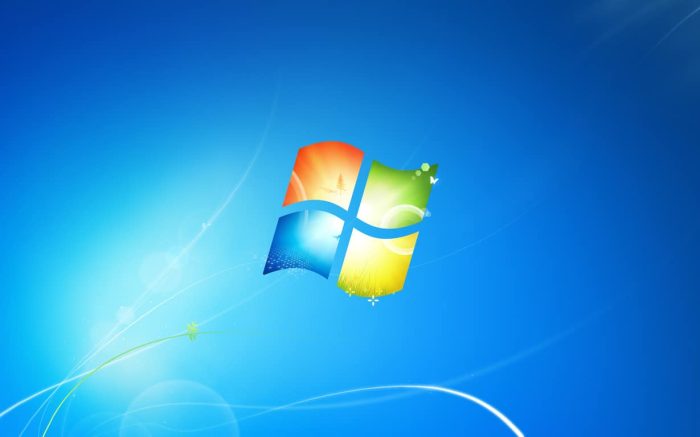
Earlier this month, we reported that Windows 10 just reached a 24.36% global desktop OS share according NetMarketShare, while the now seven-year old Windows 7 still claims a 48.34% OS share. Last October, the Redmond giant finally stopped selling Windows 7 Professional to PC OEMs (three years after stopping selling these licences to consumers), but the company still wants to remind consumers and business users that continue to use Windows 7 that the legacy OS is no longer state of the art.
Indeed, Microsoft Germany published a new blog post to explain that while Windows 7 is still officially supported by the company, it’s now time to move on from the legacy OS (via Neowin). “Today, it does not meet the requirements of modern technology, nor the high security requirements of IT departments. As early as in Windows XP, we saw that companies should take early steps to avoid future risks or costs,” explained Head of Windows at Microsoft Germany Markus Nitschke, via translation.
Now in extended support through January 14, 2020, Windows 7 is only receiving security updates, but that doesn’t mean that the OS is as safe to use as Windows 10. Actually, companies that keep using it will likely have higher operating costs due to increased malware attacks or support requests. Indeed, Windows 7 is based on “long-outdated security architectures” according to the company, and many hardware manufacturers have also stopped providing drivers for Windows 7, which means that the OS won’t recognize many new modern peripherals.
“With Windows 10, we offer our customers the highest level of security and functionality at the cutting edge,” added Nitschke. Last but not least, the upcoming Creators Update will also bring many new tools for IT admins to make enterprises more secure, such as the integration of the Windows Security Center with Office 365 Advanced Threat Protection. According to NetmarketShare, Windows 10 could overtake Windows 7 by December 2017 if it maintains its current growth rate, and it seems that Microsoft will definitely make sure that more businesses will upgrade this year.
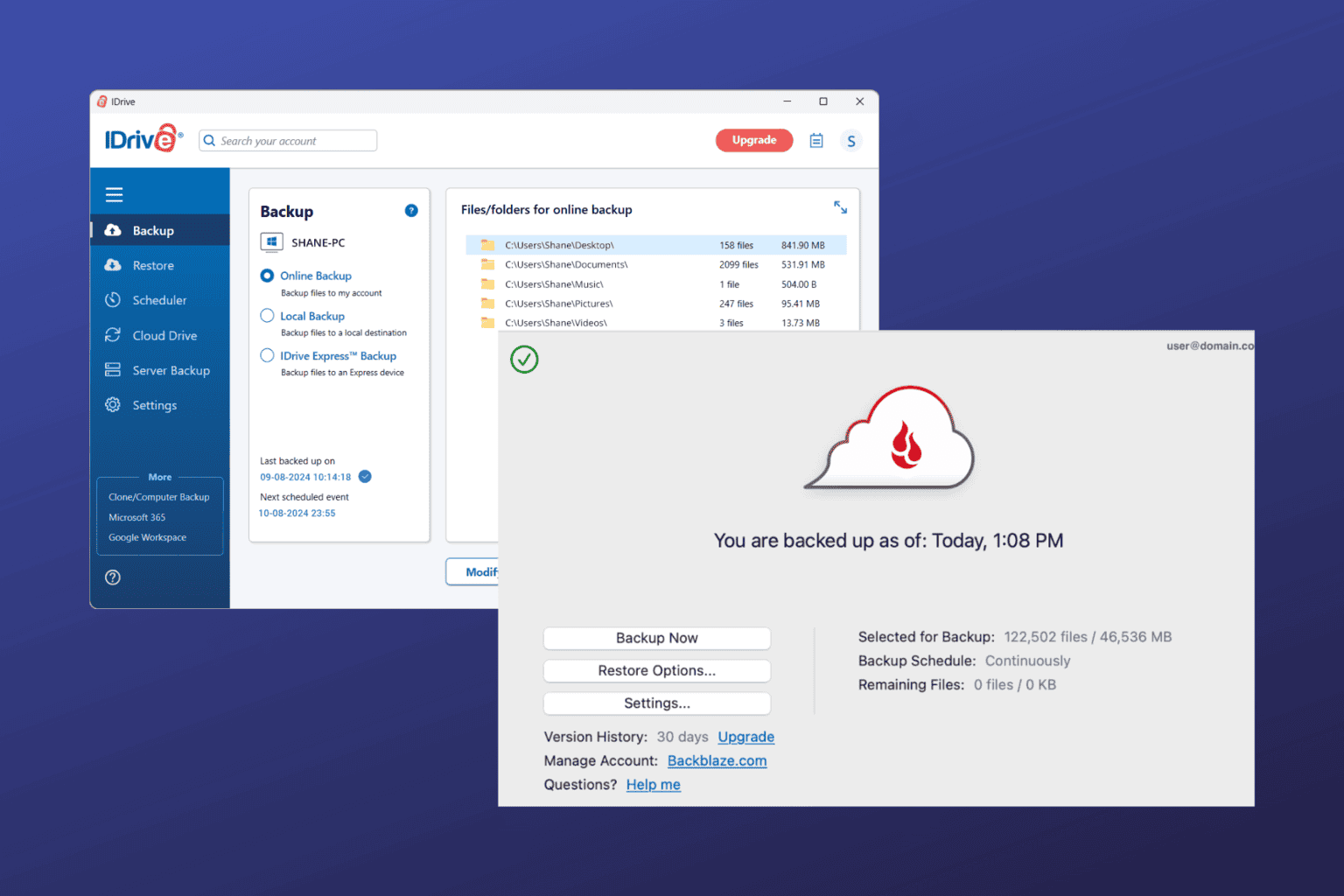
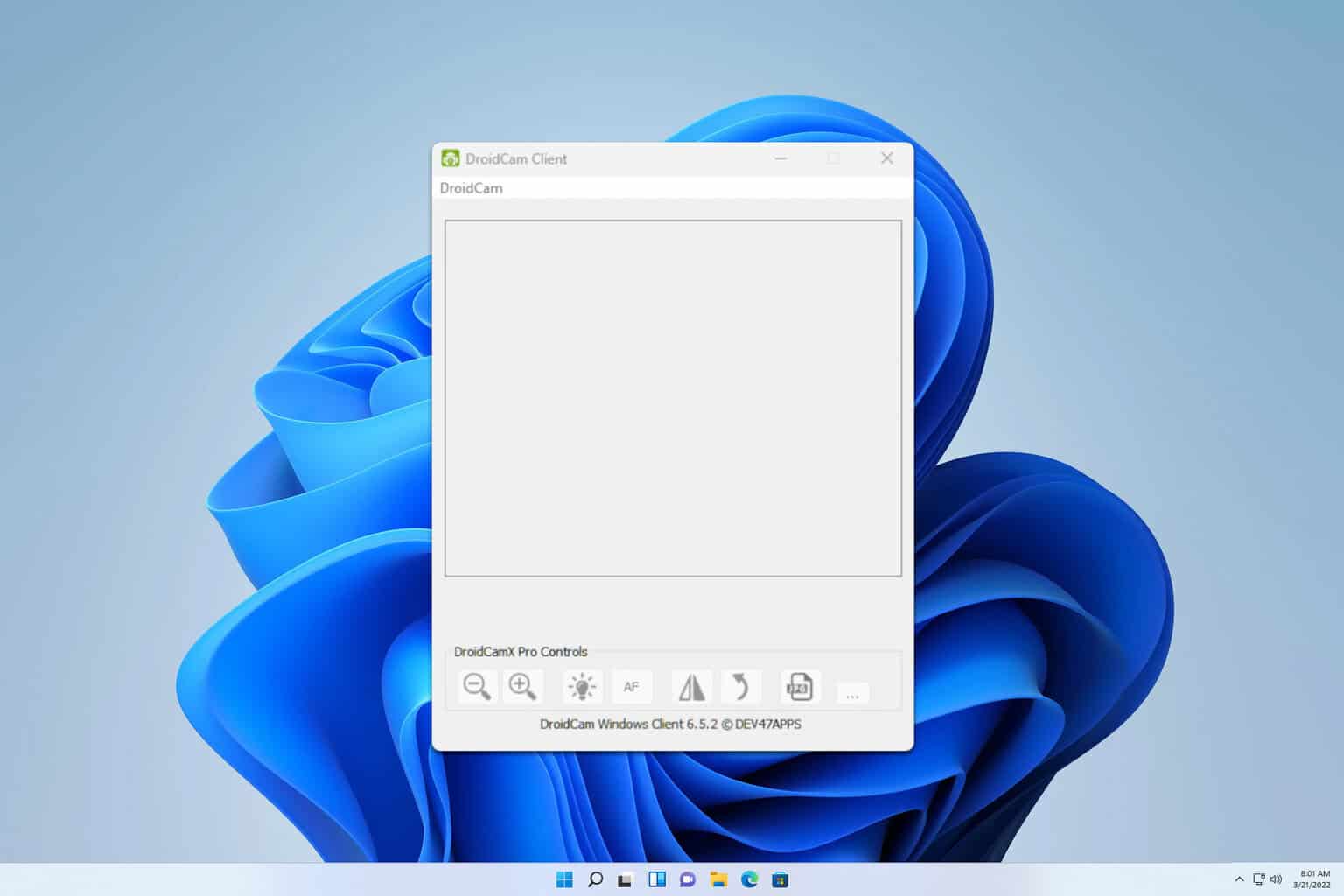
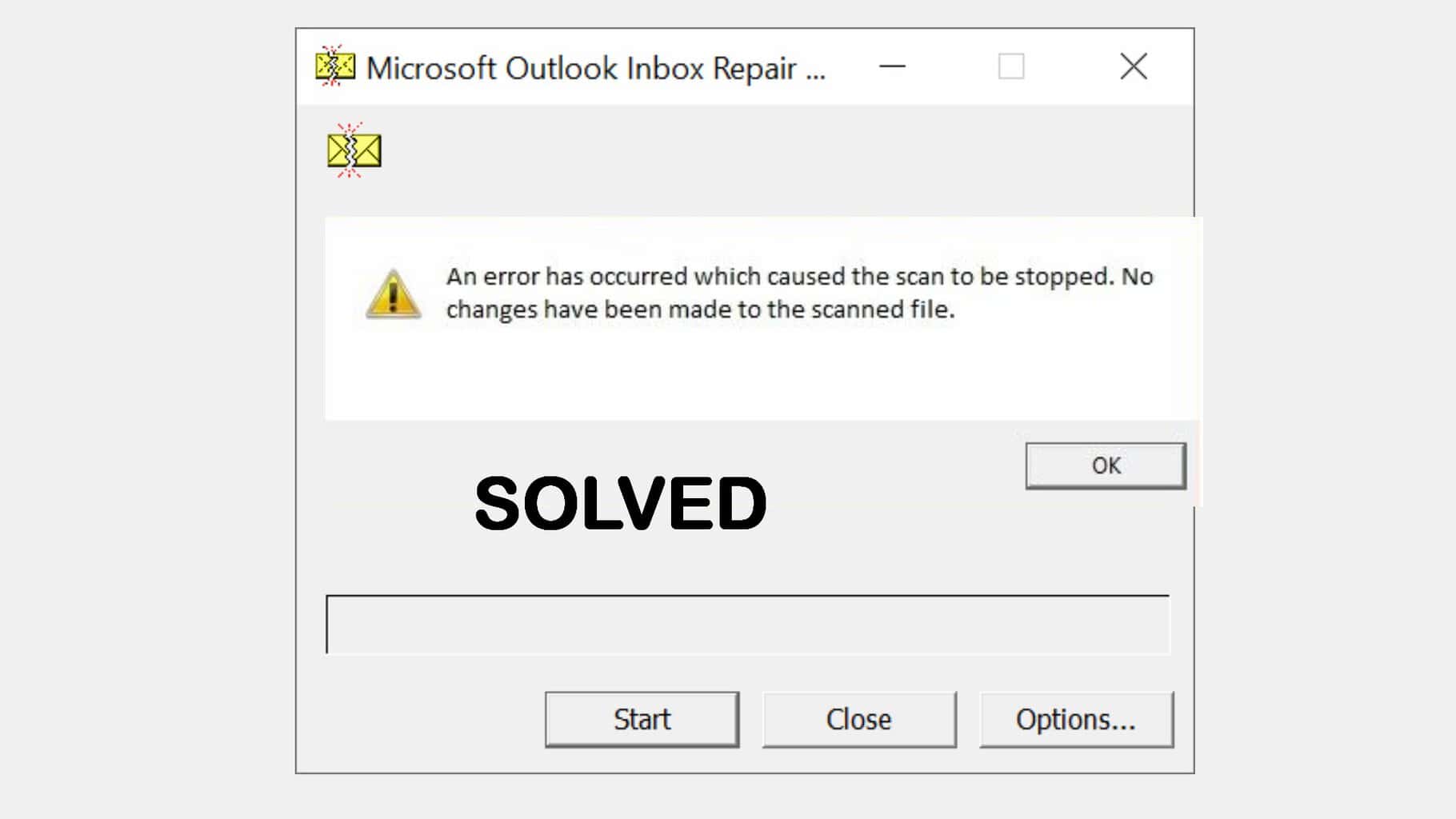
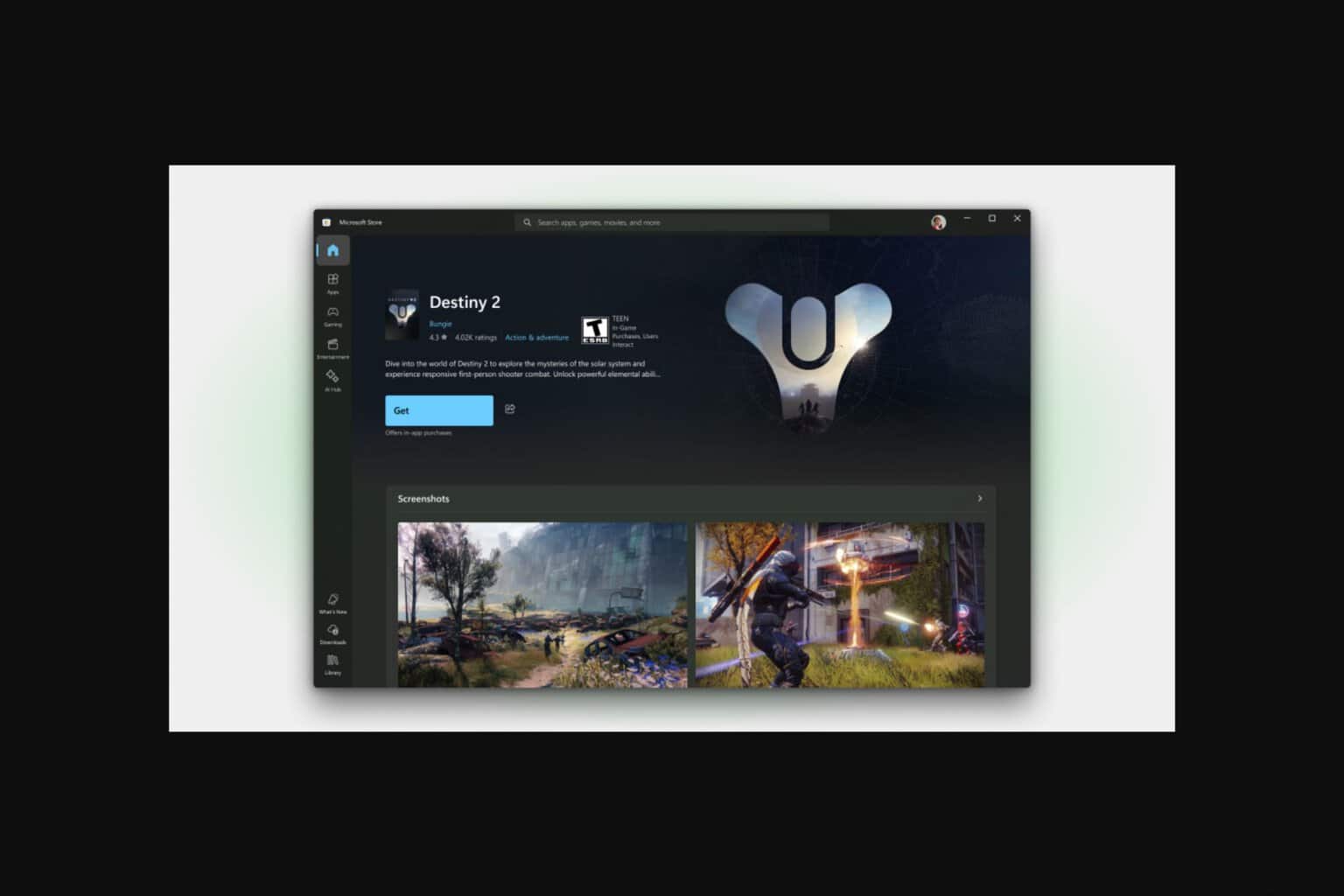

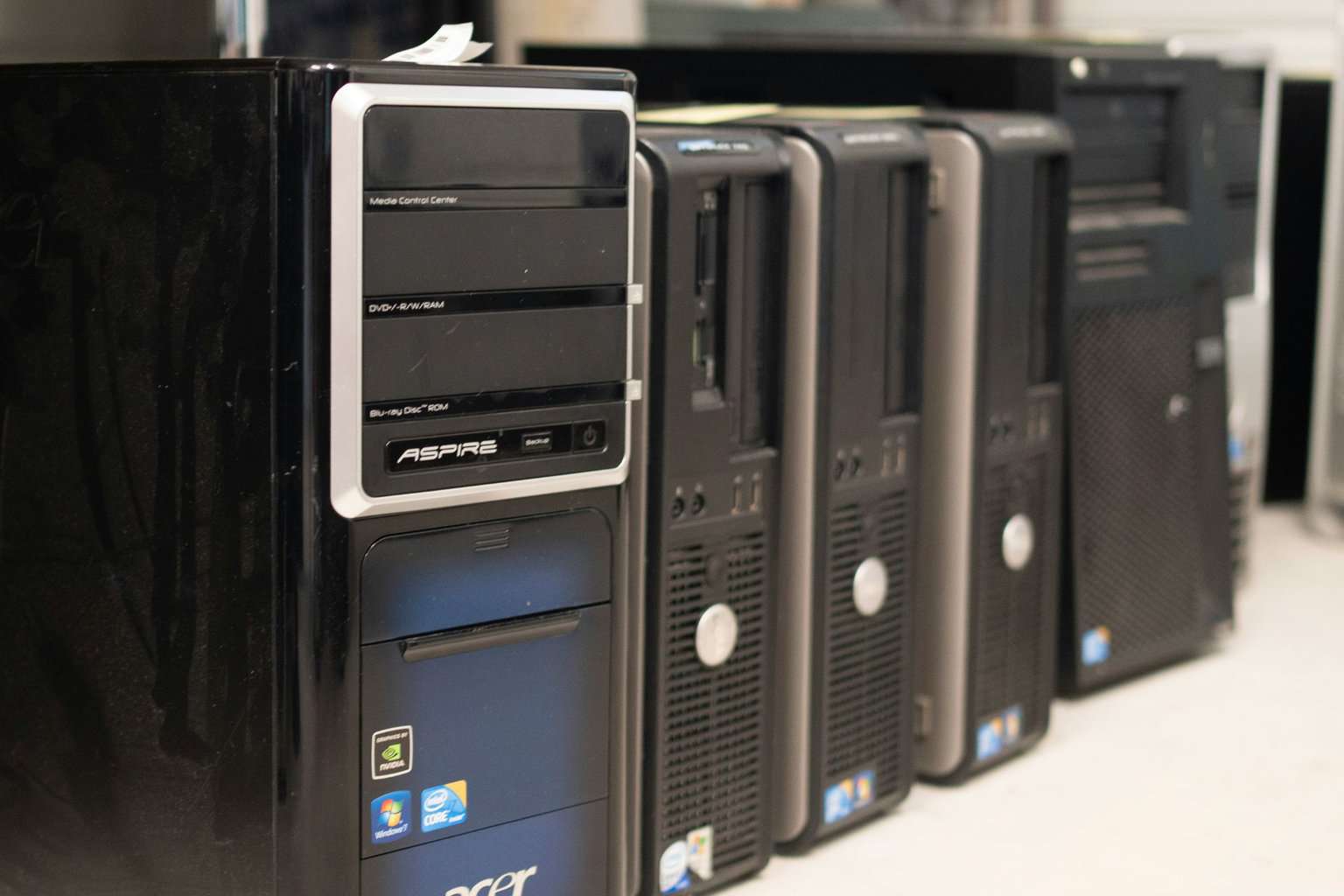
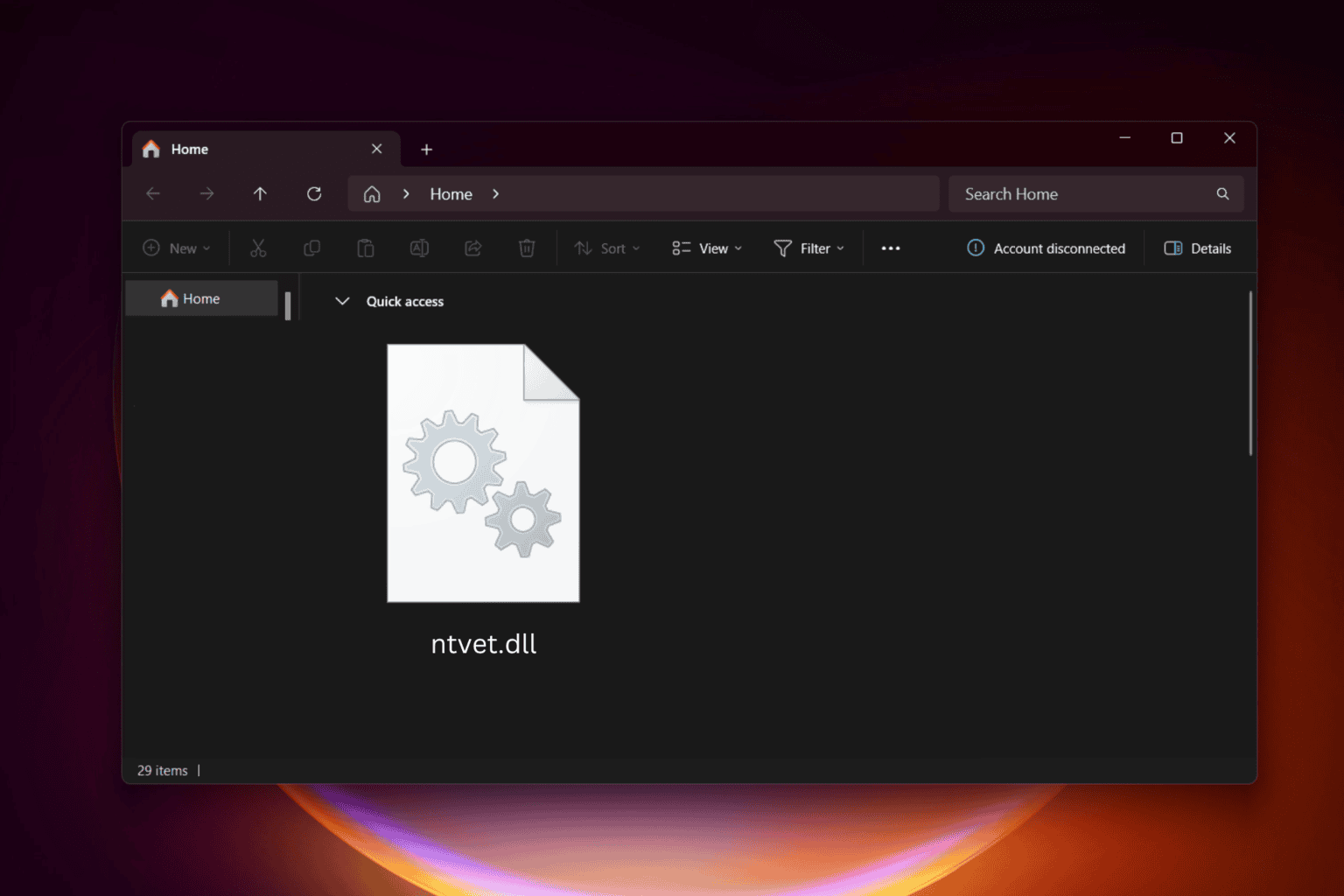
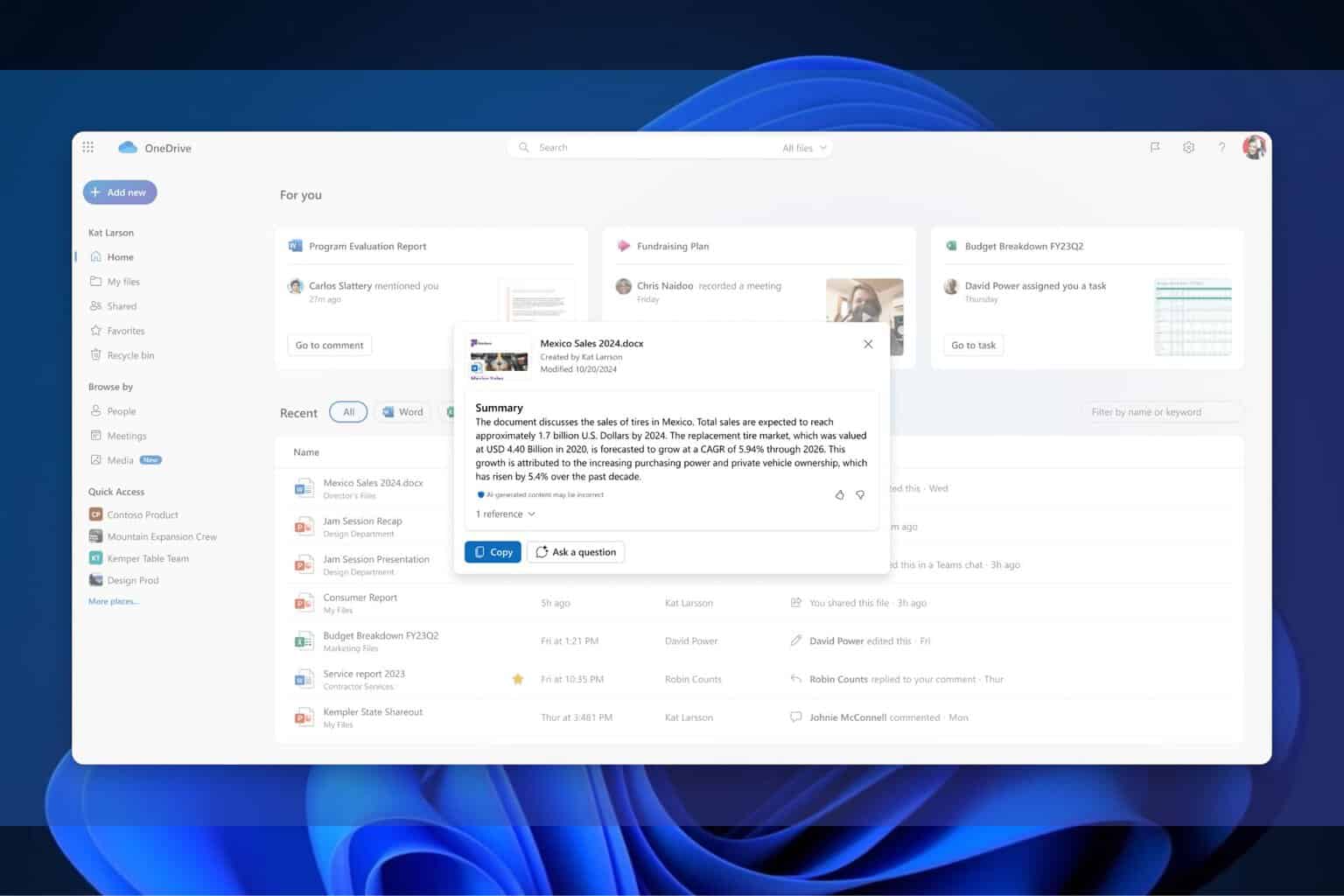
User forum
0 messages